Here's a plausible explanation for why Trump never prematurely tipped the jobs report before last week

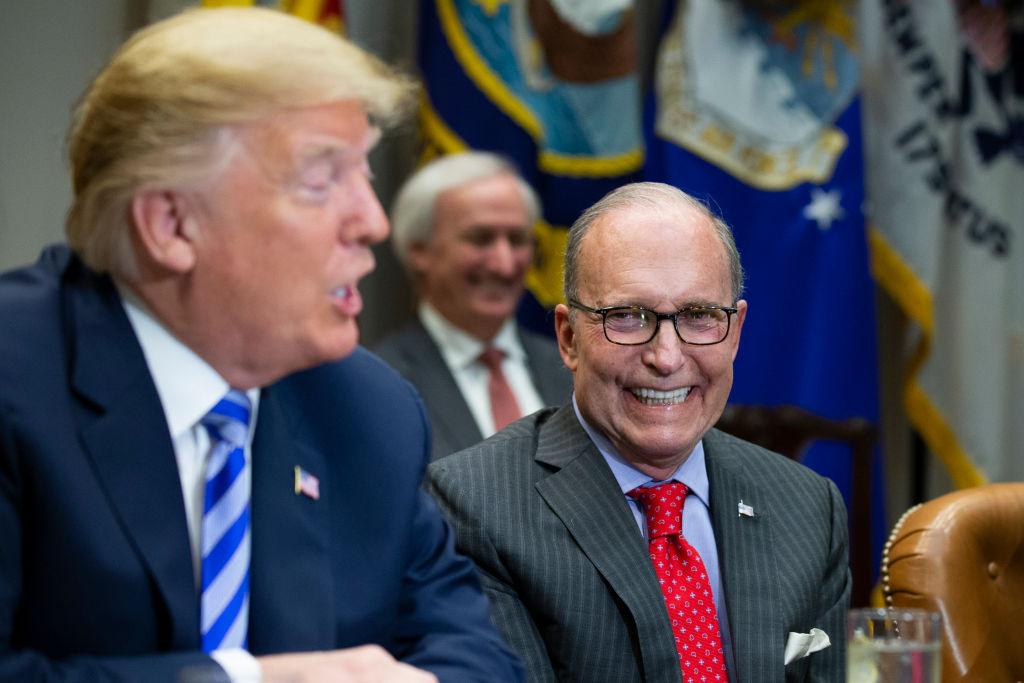
Last Friday, President Trump at least broke protocol and possibly broke the law by commenting publicly about the unemployment numbers before they were released. Some people were surprised that he had strongly hinted at good jobs numbers on Twitter, others were surprised it took him 15 months to cross that line. Well, on Monday, Politico's Ben White and Aubree Eliza Weaver offered one explanation: Before last week, Trump never knew the numbers.
"Before he left the White House, former National Economic Council Director Gary Cohn would withhold jobs report data from President Trump until shortly before their release because he was worried the president couldn't help but say something about them," Politico reports. "It's now easy to see why he did this." Current NEC Director Larry Kudlow, who told Trump the numbers the night before per the usual protocol, "did nothing wrong here," White writes. "But Trump did, even if it wasn't a direct disclosure of the numbers. He's now created a scenario in which traders will be looking for Trump tweets each jobs Friday. ... And he's raised the question of whether he's dishing on the numbers in his regular late night calls to friends from the White House."
Kevin Hassett, chairman of the White House Council of Economic Advisers, insisted that Trump didn't commit "a process foul" because he didn't tweet the actual numbers. "He said he was excited to see the data," Hassett told The Wall Street Journal. "We were all excited to see the data." But an unidentified person close to the White House and familiar with the jobs number release told the Journal that Trump has "been told before that every piece of economic data that he receives the night before he can't comment on until 9:30 a.m. the next day." This wasn't a breakdown in White House process, the person added, "it was a breakdown in his conduct."
The Week
Escape your echo chamber. Get the facts behind the news, plus analysis from multiple perspectives.

Sign up for The Week's Free Newsletters
From our morning news briefing to a weekly Good News Newsletter, get the best of The Week delivered directly to your inbox.
From our morning news briefing to a weekly Good News Newsletter, get the best of The Week delivered directly to your inbox.
A free daily email with the biggest news stories of the day – and the best features from TheWeek.com
Peter has worked as a news and culture writer and editor at The Week since the site's launch in 2008. He covers politics, world affairs, religion and cultural currents. His journalism career began as a copy editor at a financial newswire and has included editorial positions at The New York Times Magazine, Facts on File, and Oregon State University.
-
 Leadership: A conspicuous silence from CEOs
Leadership: A conspicuous silence from CEOsFeature CEOs were more vocal during Trump’s first term
-
 Saving for a down payment on a house? Here is how and where to save.
Saving for a down payment on a house? Here is how and where to save.the explainer The first step of the homebuying process can be one of the hardest
-
 Music reviews: Zach Bryan, Dry Cleaning, and Madison Beer
Music reviews: Zach Bryan, Dry Cleaning, and Madison BeerFeature “With Heaven on Top,” “Secret Love,” and “Locket”
-
 Rep. Ilhan Omar attacked with unknown liquid
Rep. Ilhan Omar attacked with unknown liquidSpeed Read This ‘small agitator isn’t going to intimidate me from doing my work’
-
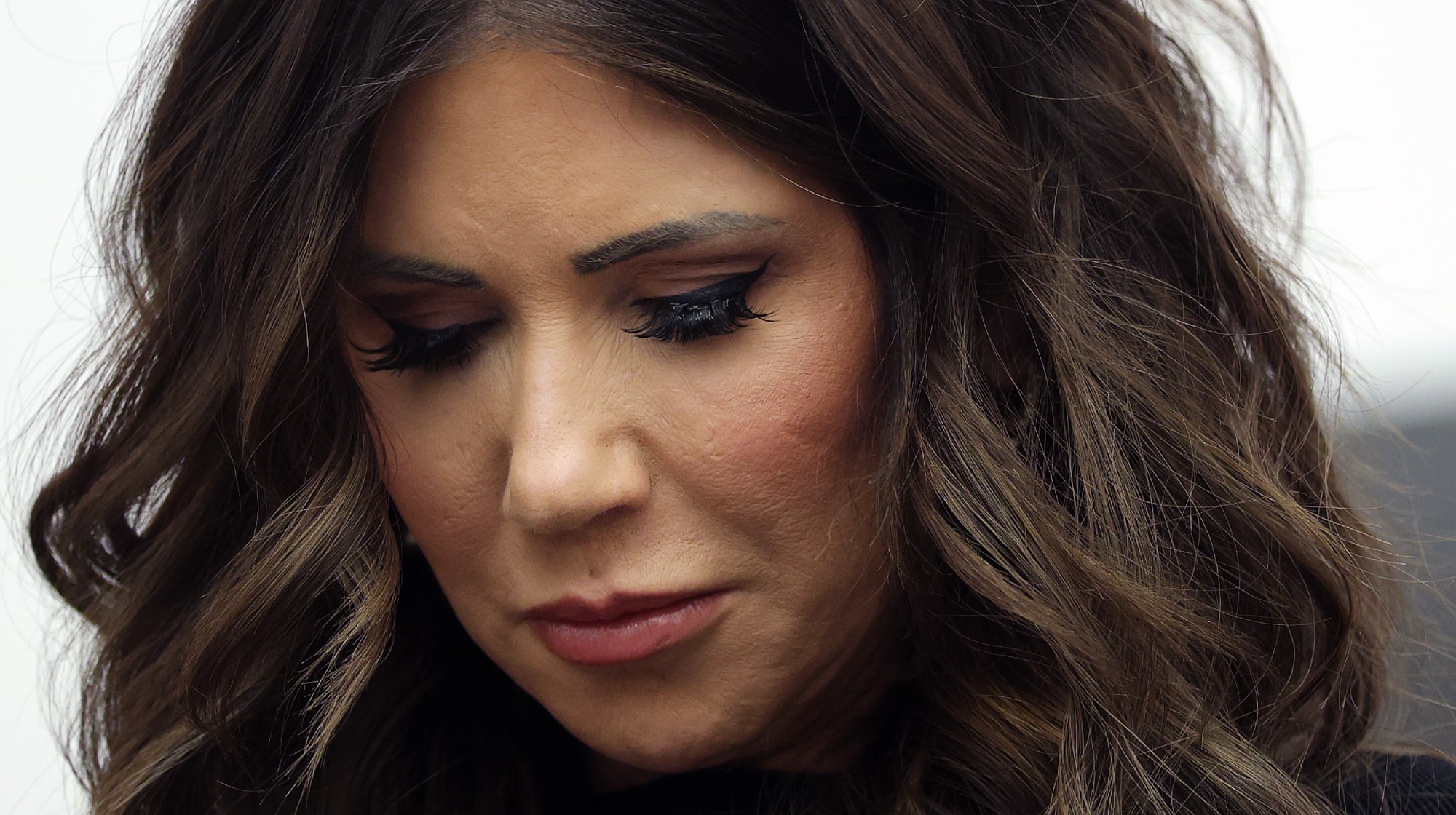 Democrats pledge Noem impeachment if not fired
Democrats pledge Noem impeachment if not firedSpeed Read Trump is publicly defending the Homeland Security secretary
-
 The billionaires’ wealth tax: a catastrophe for California?
The billionaires’ wealth tax: a catastrophe for California?Talking Point Peter Thiel and Larry Page preparing to change state residency
-
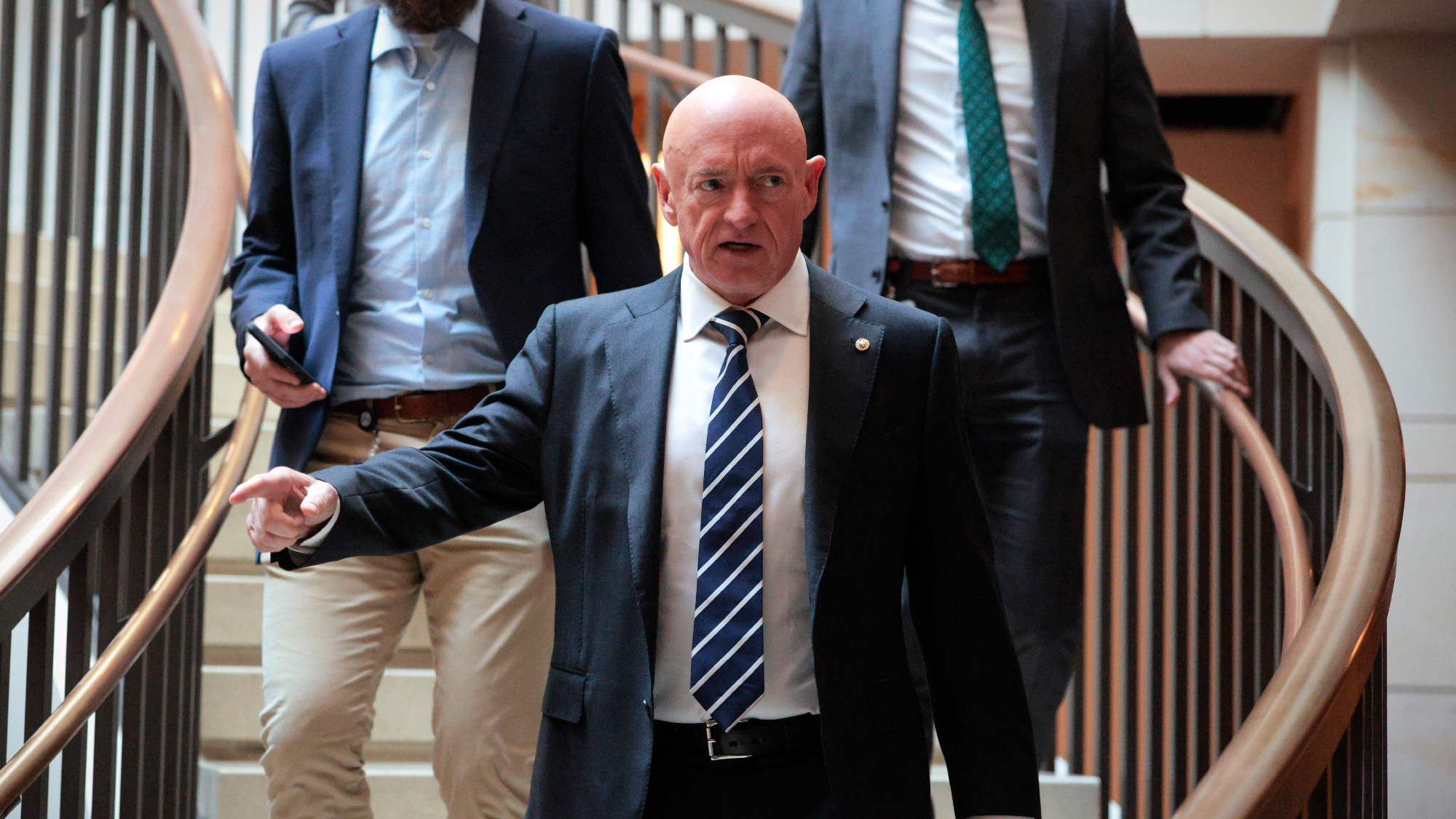 Hegseth moves to demote Sen. Kelly over video
Hegseth moves to demote Sen. Kelly over videospeed read Retired Navy fighter pilot Mark Kelly appeared in a video reminding military service members that they can ‘refuse illegal orders’
-
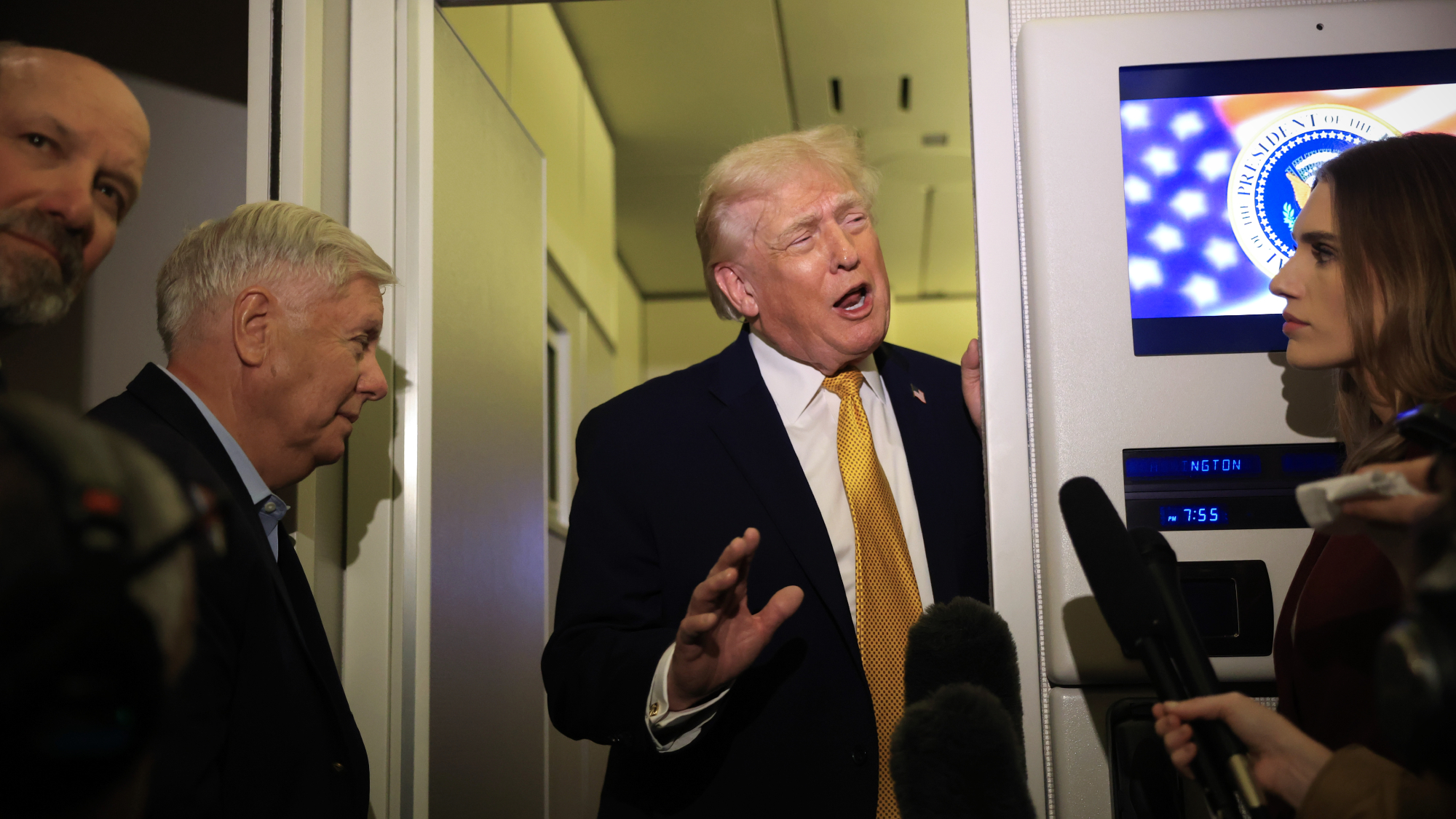 Trump says US ‘in charge’ of Venezuela after Maduro grab
Trump says US ‘in charge’ of Venezuela after Maduro grabSpeed Read The American president claims the US will ‘run’ Venezuela for an unspecified amount of time, contradicting a statement from Secretary of State Marco Rubio
-
 Bari Weiss’ ‘60 Minutes’ scandal is about more than one report
Bari Weiss’ ‘60 Minutes’ scandal is about more than one reportIN THE SPOTLIGHT By blocking an approved segment on a controversial prison holding US deportees in El Salvador, the editor-in-chief of CBS News has become the main story
-
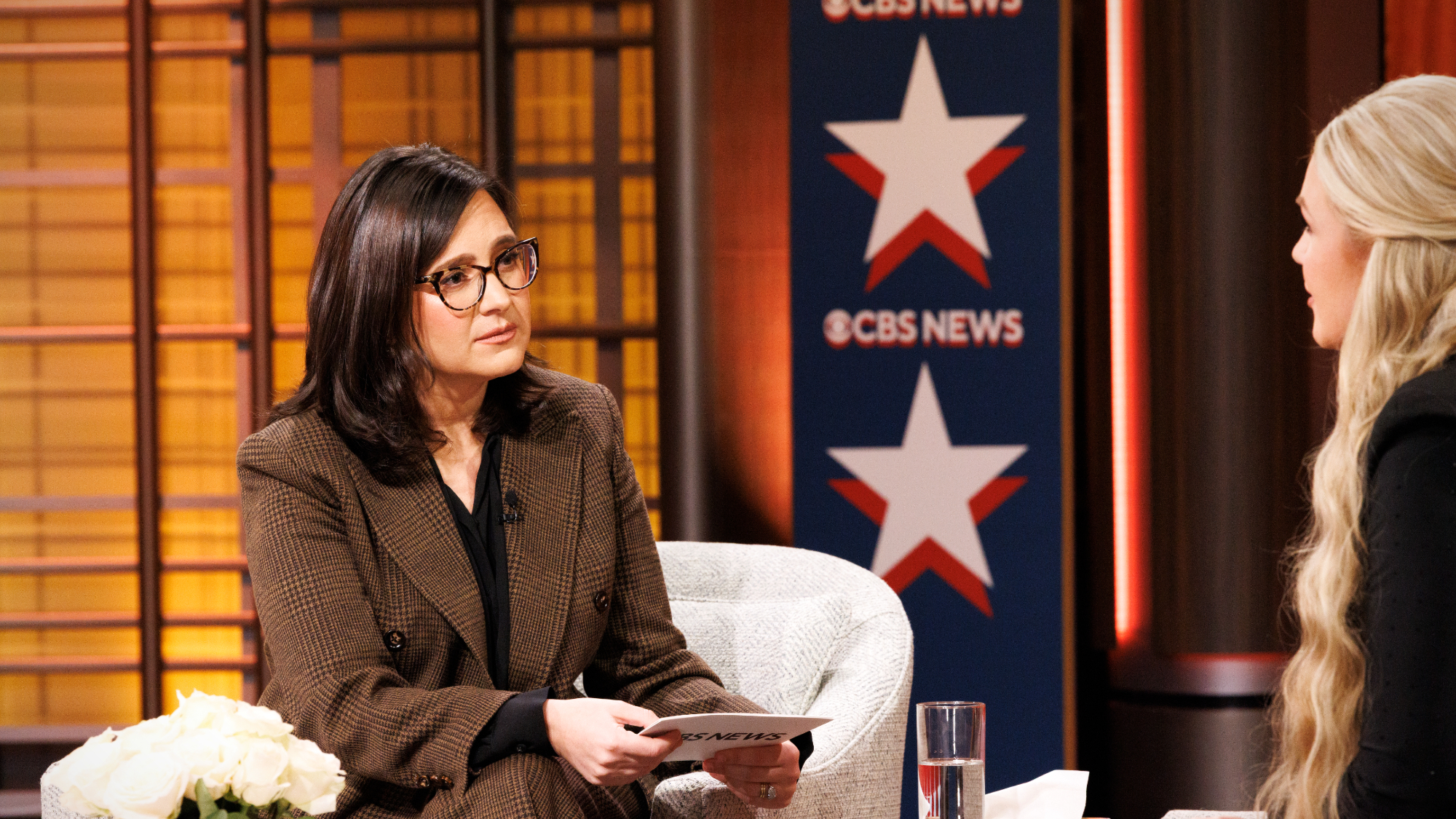 CBS pulls ‘60 Minutes’ report on Trump deportees
CBS pulls ‘60 Minutes’ report on Trump deporteesSpeed Read An investigation into the deportations of Venezuelan migrants to El Salvador’s notorious prison was scrapped
-
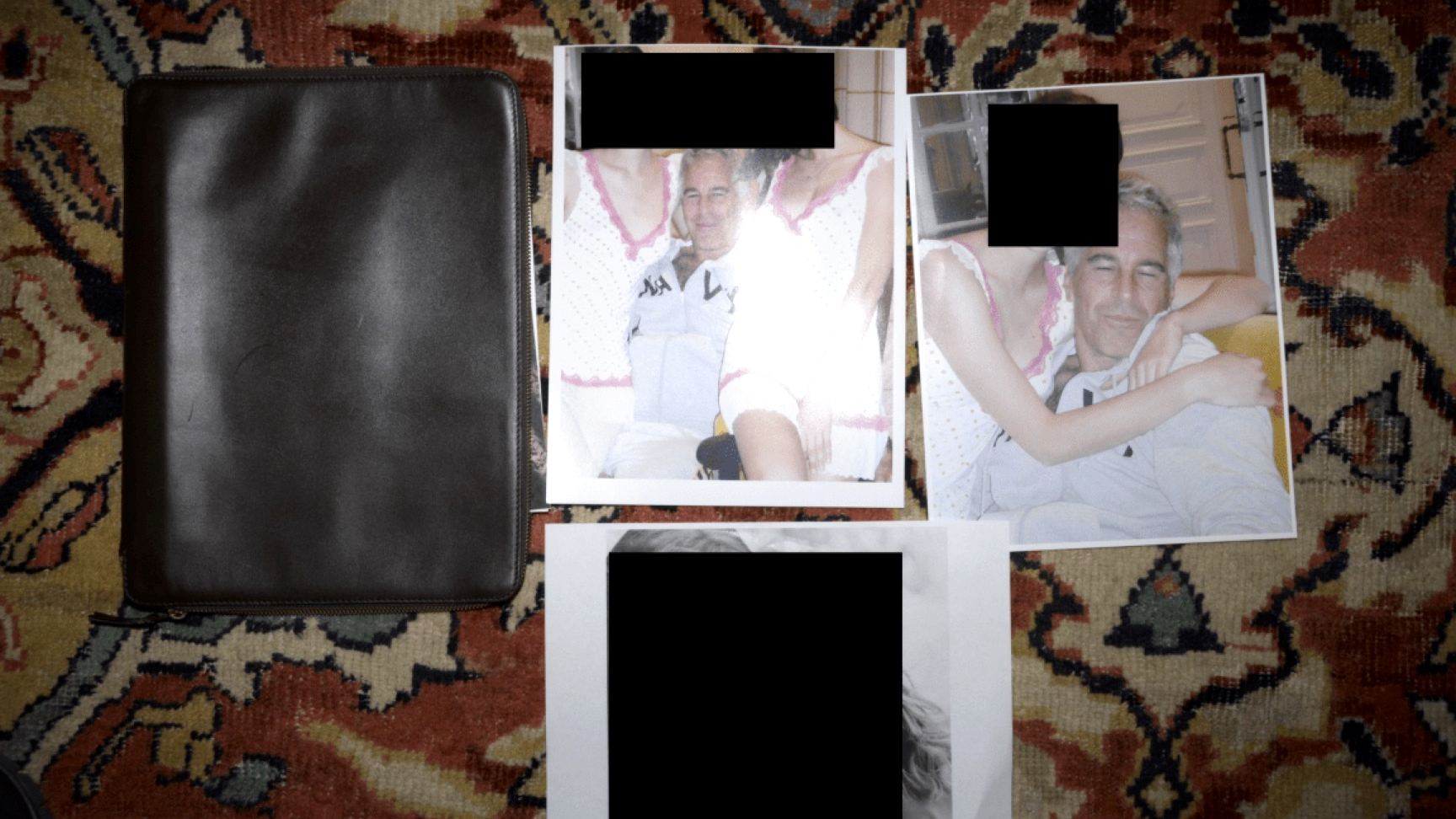 Trump administration posts sliver of Epstein files
Trump administration posts sliver of Epstein filesSpeed Read Many of the Justice Department documents were heavily redacted, though new photos of both Donald Trump and Bill Clinton emerged
